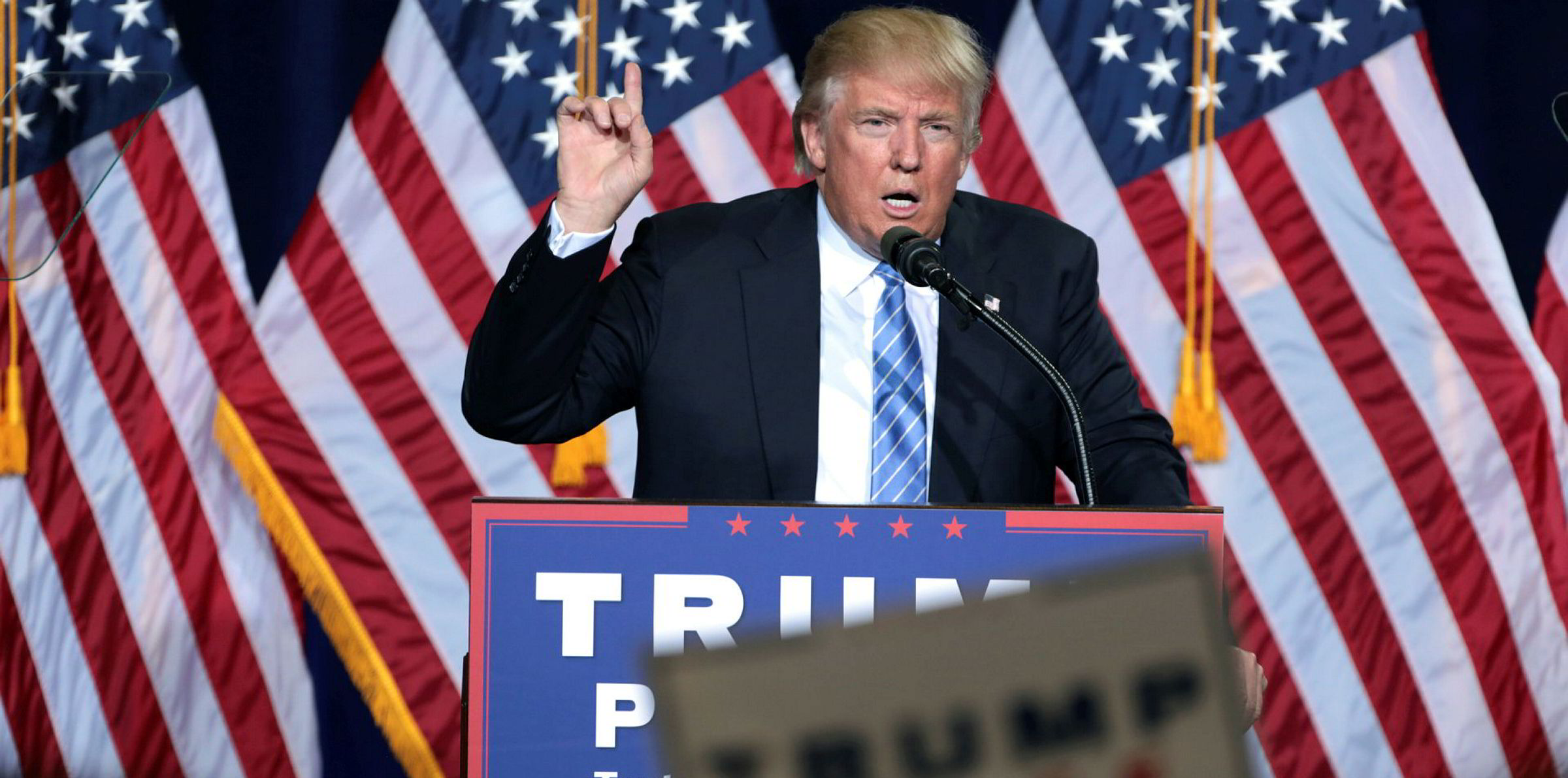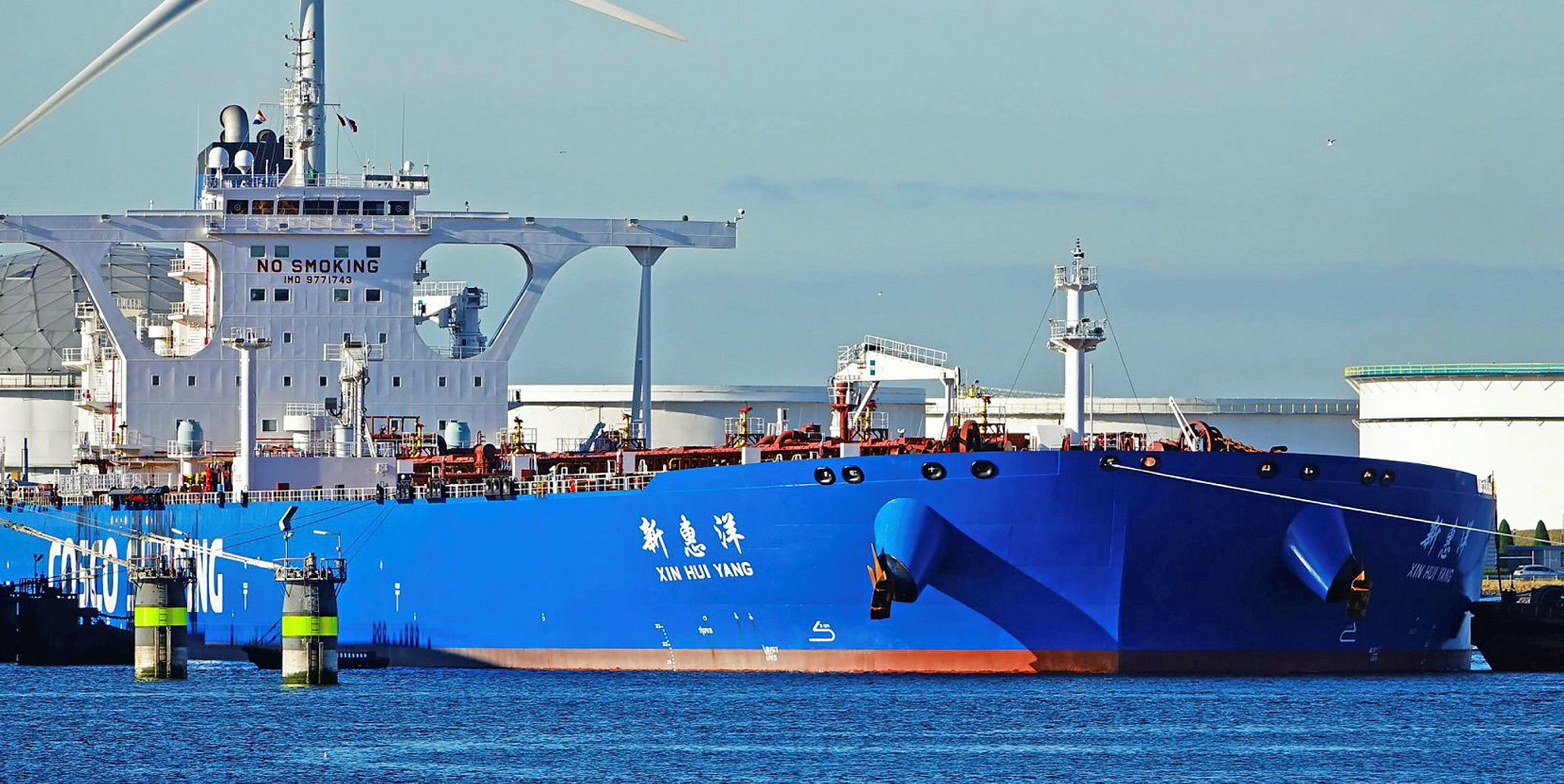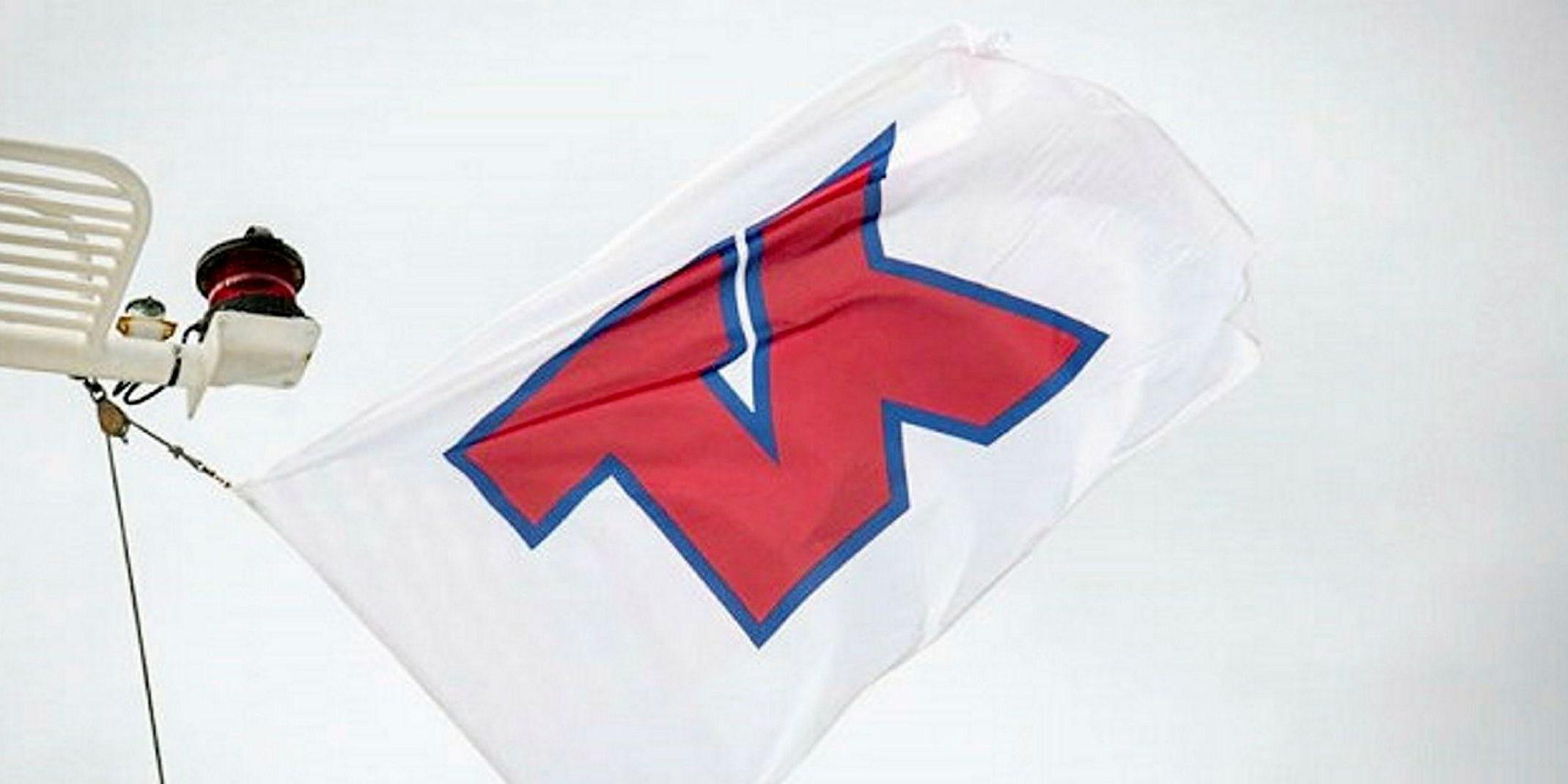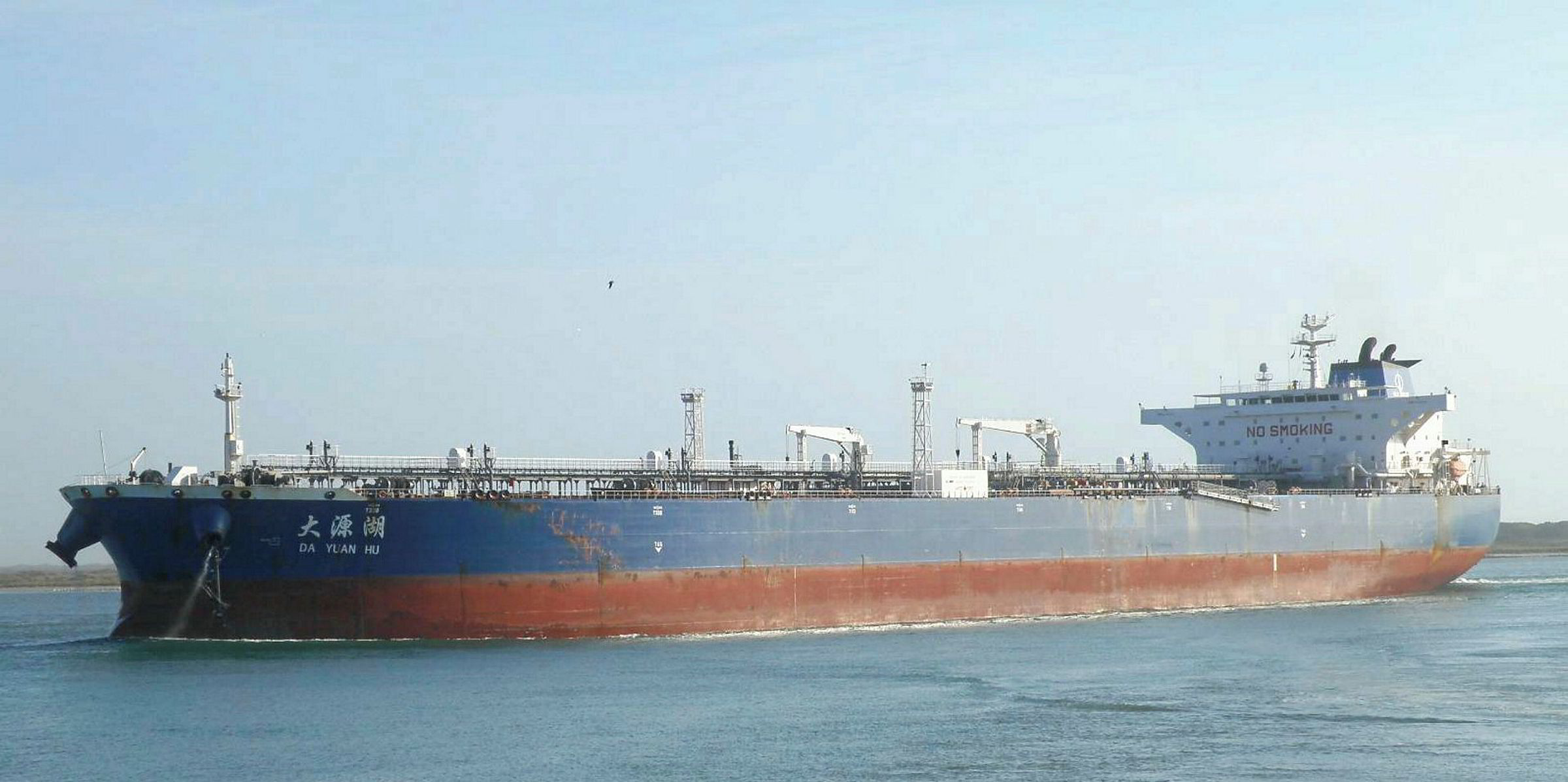Since Cosco Shipping Tanker (Dalian) Co — one of the main shipowning subsidiaries of Cosco Shipping Energy Transportation (CSET) — was put on the US sanctions list last week, the Chinese tanker giant has kept mum on the fleet details of the sanctioned entity.
But CSET should begin to embrace transparency to save itself from the US-China geopolitical tussle.
It is not unusual for a Chinese state-controlled firm to refrain from commenting to the media. But this time, market sources suggest CSET has also kept many of its shareholders and potential clients in the dark.
Not knowing whether they are dealing with vessels owned by Cosco Dalian, many charterers are turning away from CSET tonnage altogether. Insurance companies and service providers are reviewing their business relationships with CSET. With the dimming business outlook, the company’s share price fell by more than 20% in Hong Kong on Monday.
For the sake of its shareholders and business partners, the best strategy for CSET would be to communicate soon to the wider market which of its vessels are linked to Cosco Dalian, and what measures it would take to mitigate the sanctions risks.
It is understandable that executives might be tempted to think this is a political issue that can be solved only by political means. Some observers have suggested that Cosco Dalian is sanctioned not because of what it does, but because of what it is.
Vessel-tracking databases have not shown explicit Iranian crude shipments on CSET vessels since Washington’s sanctions waiver for China expired in May. In its announcement, the US Office of Foreign Assets Control has not stated why the Dalian entity was sanctioned.
However, the US has vowed to tighten sanctions on Iran following drone attacks on Saudi oil facilities in mid-September, which Washington blames on Tehran. If the goal is to exert “maximum pressure” on the Iranian economy, sanctioning Cosco Dalian might serve the purpose by hurting the largest tanker operator in China — which remains the dominant buyer of Iranian crude.

Moreover, Washington and Beijing are to hold another round of trade talks after China’s Golden Week holiday. The concurrence of recent events has made it hard to question any CSET employee who thinks the sanctions issue needs to be resolved on the negotiation table, with the future of the company becoming part of the bilateral issues.
Yet it remains to be seen how much CSET can be used as a bargaining chip. The Americans have not gained visible leverage in trade negotiations by blacklisting Huawei, and the telecoms giant is thought to be much more central to China’s national development plan than CSET.
Calming the markets
Important though CSET is to oil transport, it operates in a highly competitive market in which replacement services can be found without much trouble.
Anecdotal evidence suggests China is unlikely to go all out to save the company. Unipec, the trading arm of Chinese state oil major Sinopec, was reportedly among the first to cancel spot fixtures of CSET ships following the sanctions news. That would not have happened if Beijing’s intention was to present a united front.
If the American goal is to exert maximum pressure on the Iranian economy, sanctioning Cosco Dalian might serve the purpose by hurting the largest tanker operator in China
Controlled by state-owned conglomerate China Cosco Shipping, CSET is inherently bound by the government’s policy stance. But the company can also do much more to calm the freight and stock markets.
The first step would be to publish a fleet list of Cosco Dalian. Such disclosure could allow the CSET vessels not linked to the sanctioned entity to remain in international trading and help its business partners mitigate their sanctions risks.
For the longer term, CSET should tell investors how it plans to deal with Cosco Dalian. There is speculation that the subsidiary’s assets can be sold to other state-owned enterprises, if the US is unwilling to take Cosco Dalian off the sanctions list.
To some extent, CSET is a showcase of the Chinese development model to capital markets.
The Cosco parent group has injected its most prized tanker assets into the company, including a young, large VLCC fleet and about 30 LNG carriers tied to long-term charters that serve China’s growing LNG imports.
All had seemed to be going well. Before the share price collapse, CSET’s market capitalisation in Hong Kong almost equalled the combined value of US-listed tanker giants Euronav and Frontline.
But the sanctions have seriously wrong-footed the company. Although unable to escape from US-China geopolitics, CSET can at least provide the shipping community with a basic level of transparency.
Otherwise, all its efforts in becoming “a leader in the global energy transport industry with strong international competitiveness”, as it claimed in its only public statement on the sanctions matter, will quickly go up in smoke.





